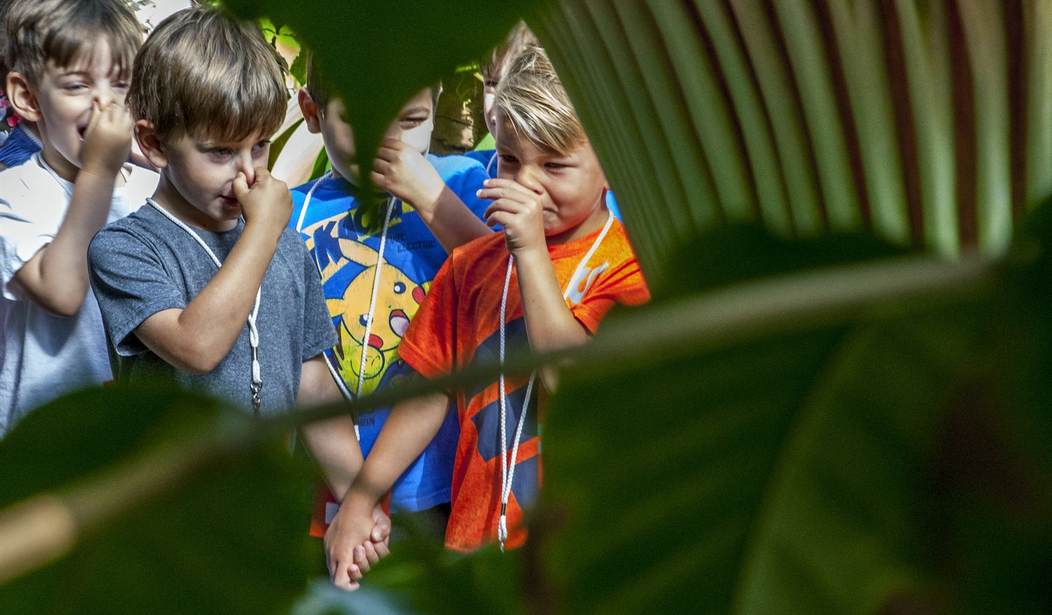This is actually a fascinating idea — as long as you have 2.7 million Euros to play around with.
Scientists will develop a “library of scents” from ancient Europe because, well, because they can, I guess. They will create artificial intelligence to scan libraries, works of art, and other sources including descriptions of odors and their context, “as well as to spot aromatic items within images, such as paintings.”
The goal is to develop an online library that can be accessed by other scientists, researchers, and, one assumes, curious odorphiles from around the world.
“It will [also] include discussions of particular types of noses from the past – the kinds of people for whom smell was significant and what smell meant to them,” said Tullett, adding that one example would be physicians.
“That could take us into all kinds of different scents, whether that is the use of herbs like rosemary to protect against plague, [or] the use of smelling salts in the 18th and 19th centuries as an antidote to fits and fainting,” he said.
Perhaps someone forgot to tell these learned men and women how stinky the world used to be before flush toilets. Also, several thousand horses walking around city streets did nothing for the aromatic ambiance in urban areas.
Rotten meat and vegetables in an era before antiperspirants, foul-smelling drinking water, dead people lying in the streets — maybe all the putrid odors together made the world smell like a rose but I’m doubting it.
Tullett added that a key part of the project is to highlight how the meanings and uses of different smells have changed over time, something that shows in the history of tobacco.
“It is a commodity that is introduced into Europe in the 16th century that starts off as being a very exotic kind of smell, but then quickly becomes domesticated and becomes part of the normal smell-scape of lots of European towns,” said Tullett.
One can imagine the effect on the city stink of the smell of cheap cigars wafting above the filth. Not very appetizing.
But there must have been some good smells. Walking past a bakery was probably just as pleasant an experience then as it is today. And you can bet that rich neighborhoods smelled a heckuva lot better than the slums — just like today.
The project leaders say that ultimately, the goal is to be able to recreate the smells for museums and other historical sites.
The team say they plan to use their findings to work with chemists and perfumers to recreate the smells of the past, and explore how the odours can be delivered – alongside insights into their significance – to enhance the experience of visitors to museums and other heritage sites.
I doubt whether our modern noses could withstand the assaults on our senses that a real historical smelling experience would be. Let the past stay in the past — including the smells.










Join the conversation as a VIP Member